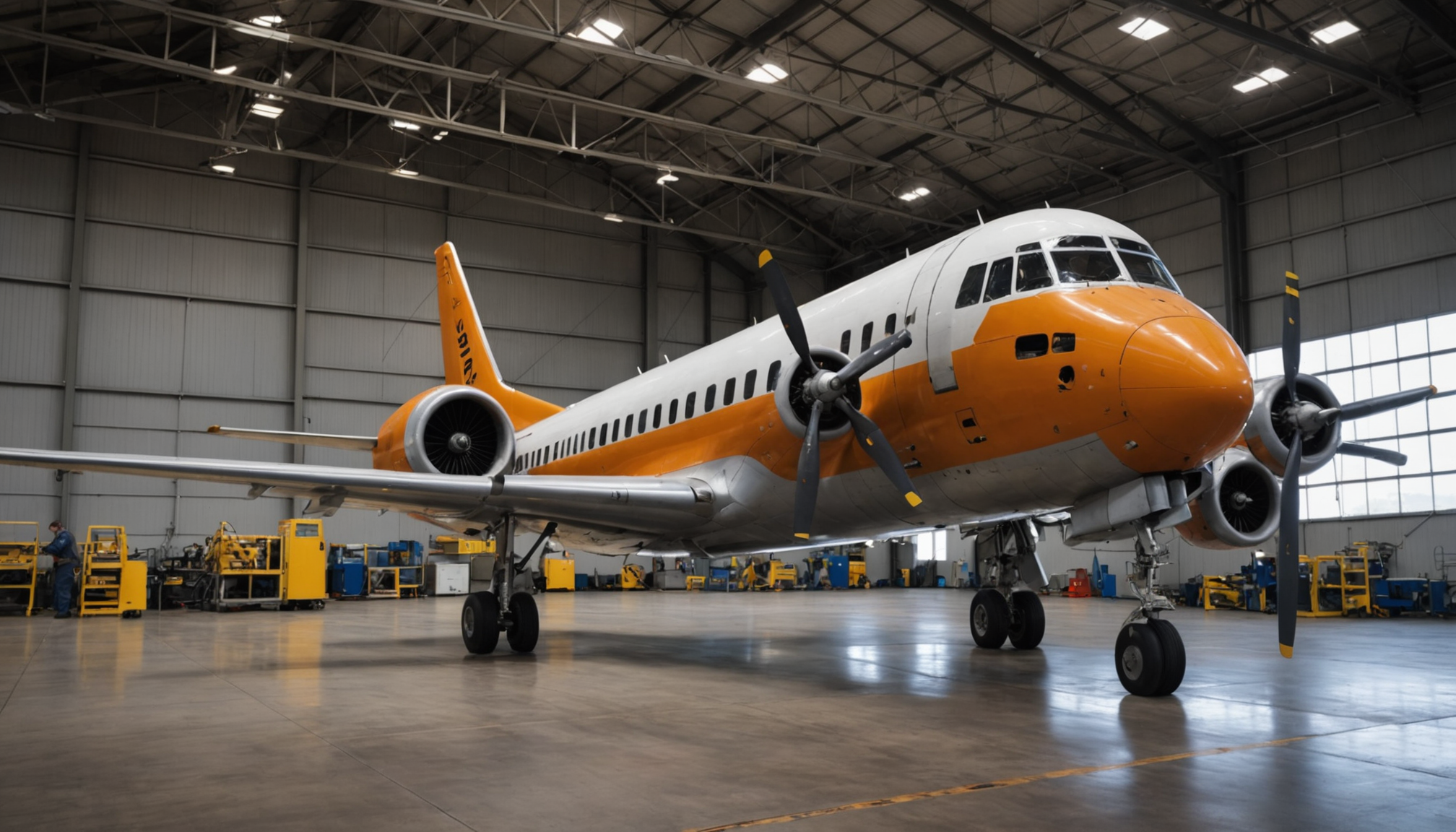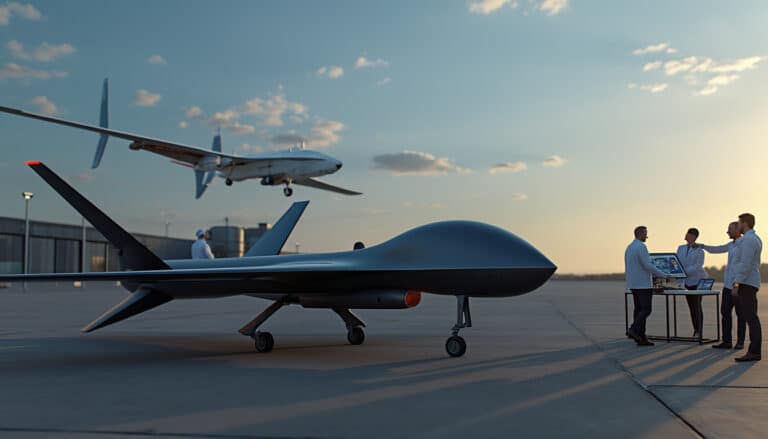THE rust inhibitors play an essential role in the preservation of metal components, particularly in the aeronautical sector. These specialized products create a protective film that prevents oxidation of metals exposed to moisture and contaminants. Airplanes, which constantly face harsh weather conditions, use these inhibitors to protect crucial parts such as the landing gear and the electrical systems. Through their proactive action, rust inhibitors guarantee the durability and proper functioning of aircraft.
A rust inhibitor is a product designed to protect metal surfaces against the formation of corrosion. It works by forming a protective barrier that prevents oxygen and humidity from reaching the metal, thus limiting the risk of oxidation. In the aeronautical industry, these inhibitors are essential for the proper functioning of planes. They are applied to various parts of the aircraft, including the landing gear, wings and electrical systems. Thanks to these products, metal parts are protected from the harmful effects of humidity and contaminants, thus guaranteeing the longevity and reliability of the airborne components.

Table des matières
ToggleWhat is a rust inhibitor?
A rust inhibitor is a substance designed to protect metals against oxidation, a process that can compromise their integrity. When a metal, containing iron for example, is exposed to moisture and oxygen, it begins to rust, formingiron oxide. Rust inhibitors work by creating a barrier that prevents oxygen from accessing the metal surface, thereby limiting the corrosion process. These products can be applied easily, often in spray form, to various metal surfaces.
How do airplanes use rust inhibitors?
In aviation, the use ofrust inhibitors is crucial to maintaining aircraft safety and efficiency. Aircraft components, such as landing gears, are often subjected to extreme environmental conditions. These elements may be in regular contact with water, humidity, and other contaminants that promote corrosion. By applying a rust inhibitor to these parts, engineers reduce the risk of failure due to rust, ensuring safer flight.
The Benefits of Rust Inhibitors in Aviation
One of the main advantages of rust inhibitors in the aeronautics sector lies in their ability to extend the life of essential components. By preventing rust from forming, they avoid costs associated with maintenance and potential repairs. In addition, they ensure the proper functioning of electrical systems by protecting connectors, cables and other elements sensitive to corrosion. The planes are thus better adapted to face rigorous conditions, while increasing their reliability.























